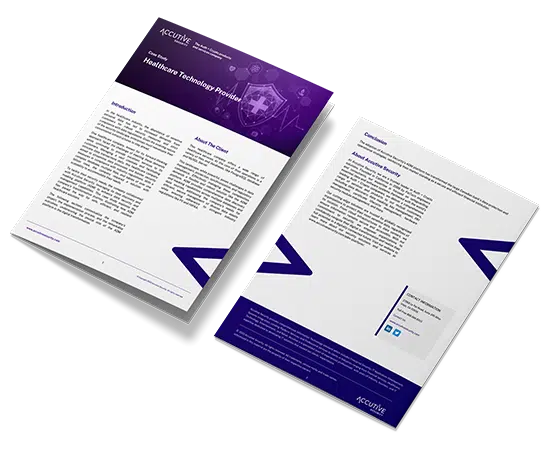« Back to Glossary Index
Adaptive authentication refers to how authentication requirements and practices may vary depending on a variety of determinants. There are two categories of these: static parameters and dynamic parameters. Static parameters include factors like the type of user, their current location, and the type of device. Dynamic parameters refer to systems that assess access patterns and automatically adjust authentication policies. For instance, if a user who only logs in from a specific computer suddenly uses a mobile device, dynamic parameters will automatically block their access.
